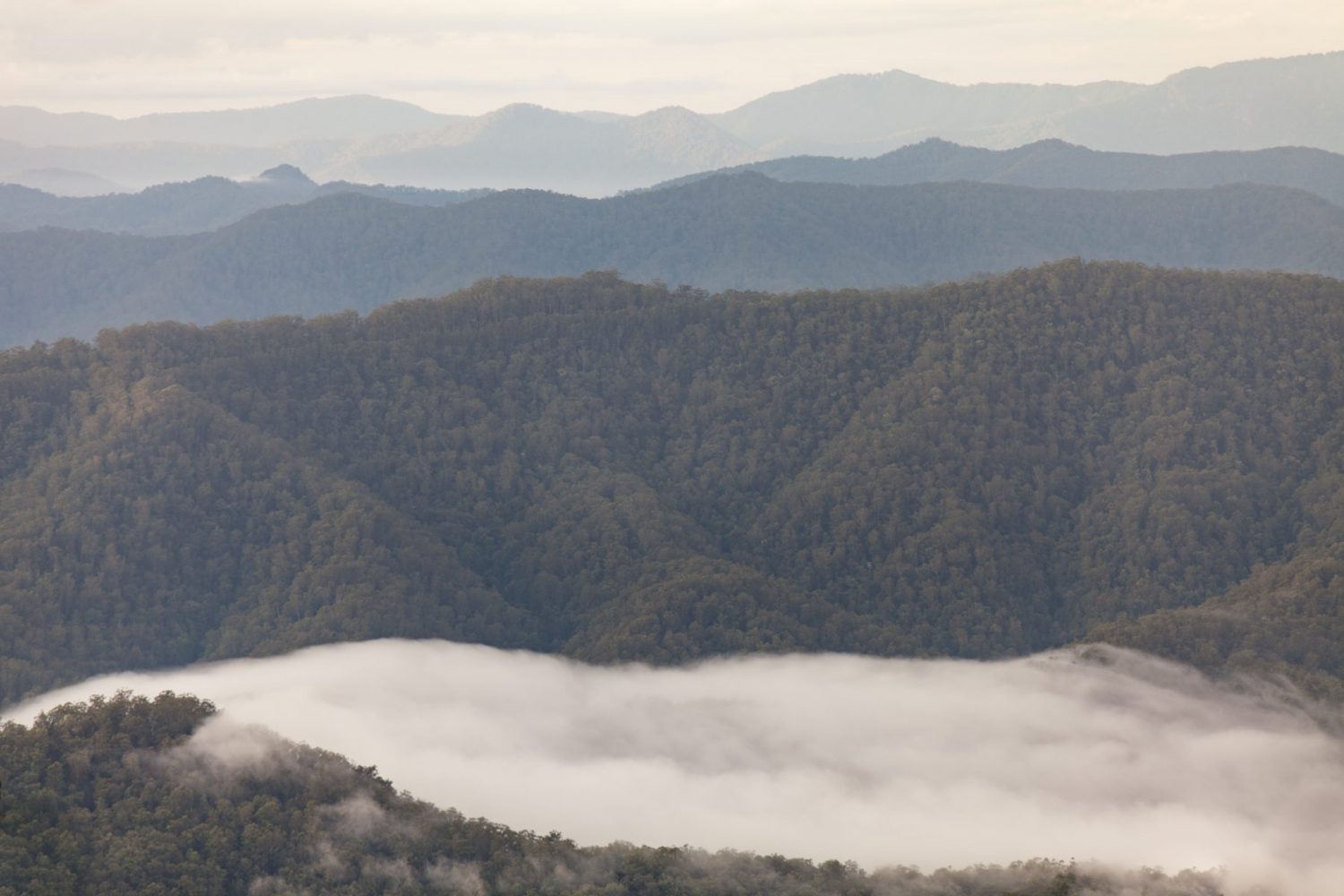I believe strongly in travel. Deep travel. I believe wandering through lands and sitting in communities extends your realm of empathy and understanding significantly. I believe if we got people out of their bubbles, the world would be in a much better position. In my own experience, exposure to other cultures, languages, traditions and laws becomes second nature and it allows me to see many incredible parts of humanity. This is important because a filtered view in daily life in an industrialized country leads me to believe that humanity is fairly stuffed.
I love the moments on the road where you instantly create a connection with others and experience something you will remember for life. Mostly you will never see these people again but for that one moment, you shared something and it will etch itself in your memory. That connection is hard to achieve in daily life where people sleepwalk through jobs and dance on the surface of relationships. We’re busy people going about our busy lives. The economy in its current structure, relies and thrives off this.
Tourism is a heavily debated subject in environmentalism though. Understandably so. Plane flights and cruise ships are terrible for our Earth and we can have massively negative consequences in the spots we head to. We can have a better impact on countries though. Small scale conservation tourism, when done right, helps maintain natural areas, languages and cultural traditions and is part of the service economy rather than production. Mass tourism done wrong (or possibly at all), destroys places. We absolutely need to talk about how many visitors a place can actually sustainably sustain. I have been to places that are near wiped out by the visitor numbers. Even major European cities see major detriments to this. Our increasing population, and increasing wealth, will only lead to more of this so we do absolutely need to discuss this.
There may forever be a debate in whether we should travel the world at all or not. I don’t know if the work I do in Cambodia outweighs the flight to Bangkok in any way. This isn’t the post for the discussion on this. I do know travel has offered my privileged self so much learning and love in a world that often seeks to stamp both out, that it offered one set of my grandparents a fresh start after war, that it is isolating to avoid as an immigrant in a globalized world with family and friends everywhere, and that it is often still needed for work. Travel is a privilege. It can be cheaper than living and it can be much more expensive. So for now, here are 25 ways in which we can be better travellers.
1. Find conservation centres and wildlife alliances that offer tours in combination with education or work to rescue, rehabilitate, regenerate and release
One of the best things I’ve ever done in life is hiking to see gorillas in Uganda a decade ago. I did not realize it at the time, but it was one of the inflection points of my life. Though I was a minimalist and all that jazz (before there were words for it!) I rarely paid attention to animals, biodiversity, park conservation and the difficult, dangerous and imperative work of rangers. The same went for my time in the Serengeti and Ngoro Ngoro crater a couple of months before. It just wasn’t on my radar and as it turns out, it shaped many of my decisions over the coming years. There is not a week that goes by that I do not think of that time and use it as a guide.
In Australia one of the best things I did was go on a Pennicott Wilderness boat session in Tasmania. They combined marvelling at the natural landscape at sea with the cliffs and seals, with strong lessons in conservation. Here is where I first learned about how much phytoplankton the world has lost and why it is imperative we regenerate these stocks for oxygen creation (they provide us approximately 70% of our oxygen).
One of my favorite organizations in Cambodia is the Wildlife Alliance. Find reputable places like this that are led by local people, are training people, include conservationists and scientists and work within local communities to educate. And remember, never ride an elephant. Ever.
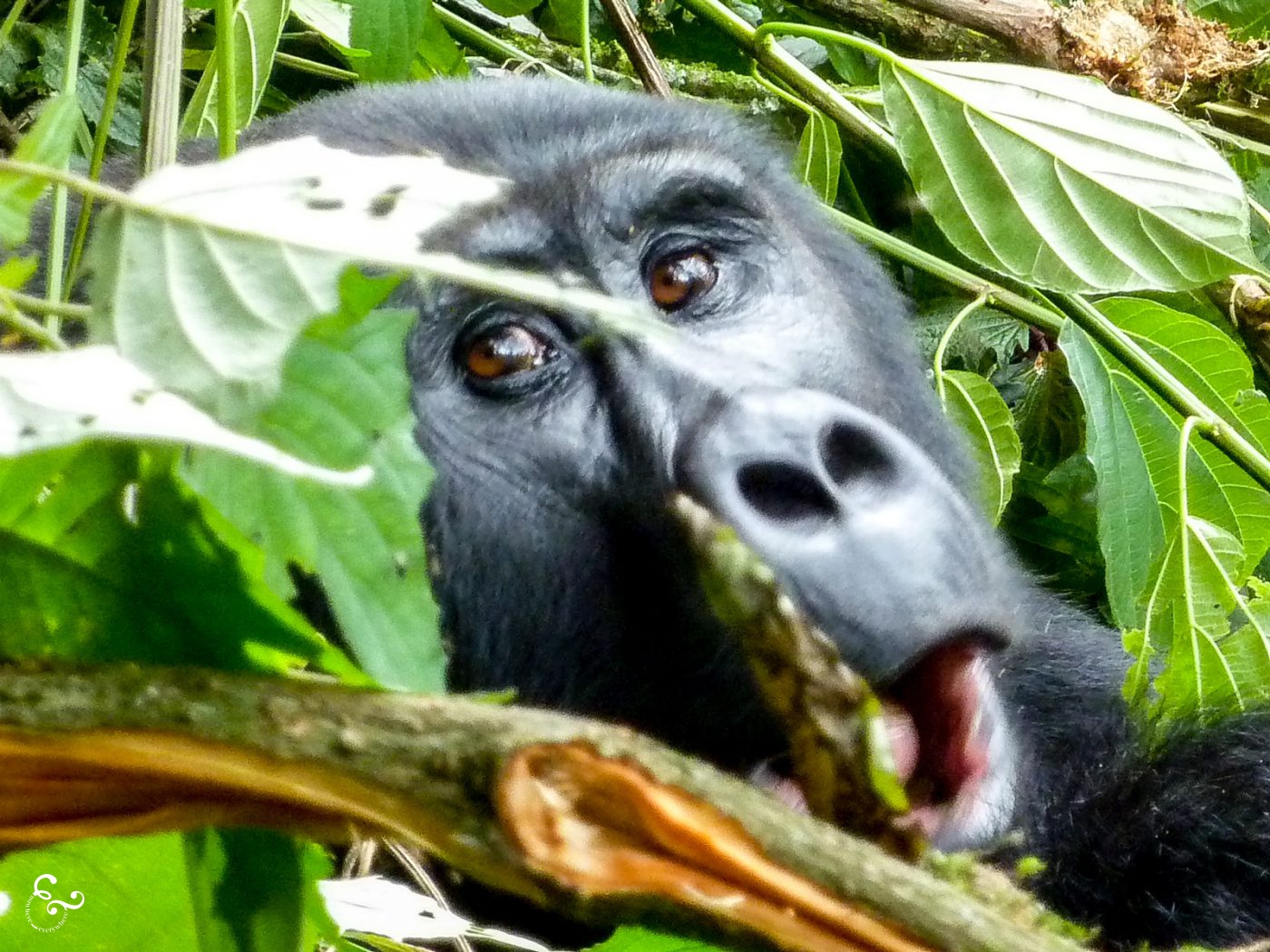
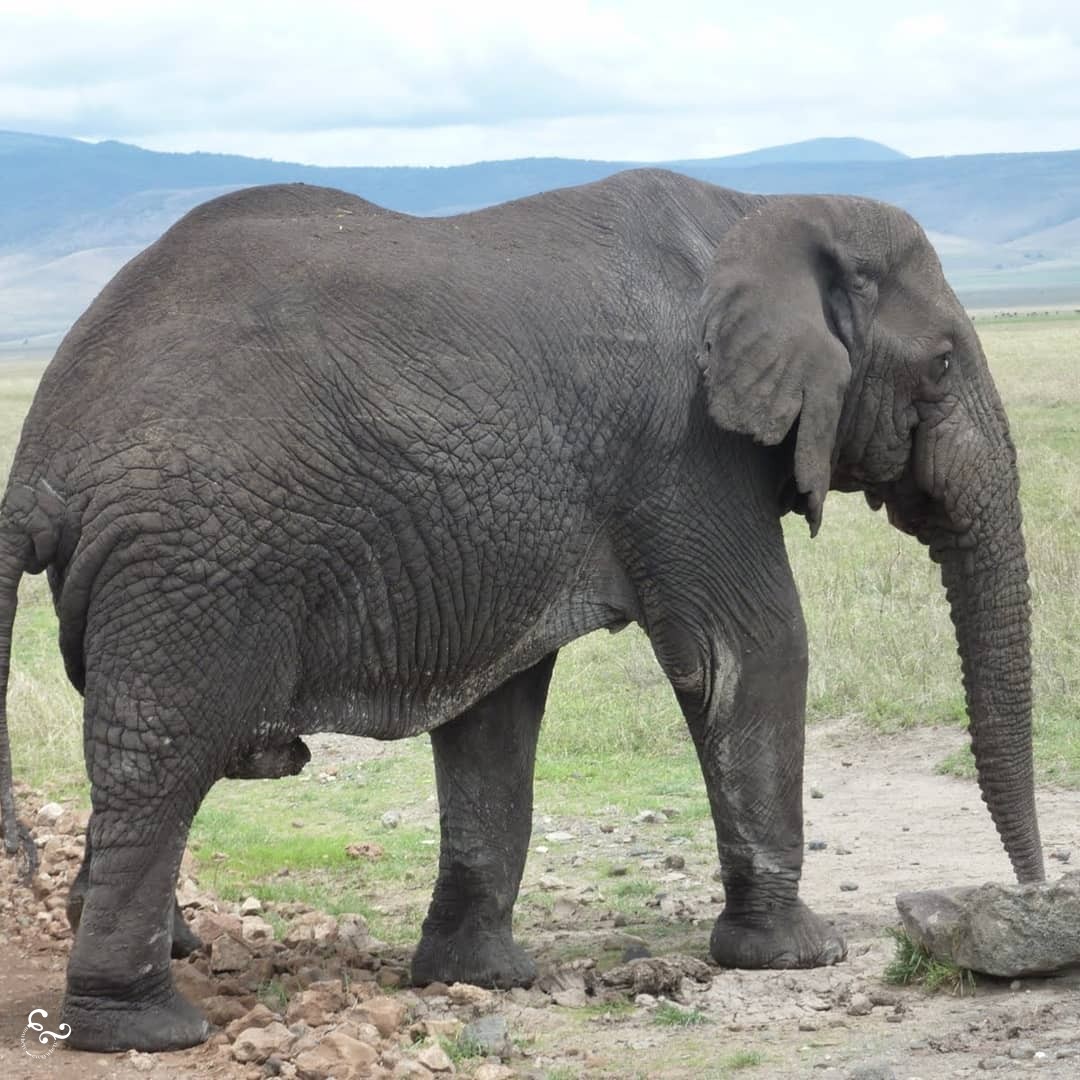
2. Volunteer in a place doing real work
Collect data from the oceans, spend time transferring your skills (and learning from others) at a hospital etc. Stay away from the standard route to be an English teacher for a week somewhere in a class and then leave. It requires a much longer commitment to be effective. It’s why some programs are so great in that sense as you’re stationed somewhere for two years. Learn what the semester, program or ideal length is and commit to being there for that time wherever possible.
If you only have a couple of days see if you can spend that on something that’s more “consulting” for a specialized skill you have. For example, I used to program a lot in Excel (many moons ago!) so I spent a few days at a computer training centre providing the teachers more knowledge on the foundations of VBA programming and where to find resources and answers so they could train themselves up. Think about whether you’re providing a distraction or real, valuable learning that has an extension beyond you being there and feeling good (nearly all of us are guilty of this).
3. Eat at cafes & restaurants that support good causes
A lot of the time, many places have small business cafes that contribute to amazing causes. For example, in Bethnal Green in London, there is a cafe called Second Shot Coffee which helps those that are homeless. In Cambodia one of my favorite restaurants is Jaan Bai whom are now run by, and support the Cambodian Children’s Trust (CCT) helping kids in poverty.
4. On that note, try to avoid supporting missionary organizations running cafes & shops
When it comes to cafes and small shops, particularly in towns in the Global South, there are many that are run by, or support, missionaries. Many of these places ask that their staff convert to their chosen religion largely in countries where this is not the dominant religion or was not, having been brought in through colonization. Your money there goes directly back to religious organizations that pay for people to evangelize along with building churches in poverty stricken areas (rather than homes or providing electricity for example). They are nearly always white-run catholic, christian or mormon. Beyond this those organizations will often offer food on the proviso locals attend church. They work with schools to embed religious lessons and will only build new schools when it includes curriculum of their faith (I was once involved in a conflict of this kind in a Buddhist area where the school was refusing to build without including Catholic classes; that is not actually trying to altruistically help then).
Missionaries are highly ineffective aid providers and can cause plenty of conflict within families and local communities as they convert people in their path. To be clear, I’m talking about the ones that generally come from America (nearly all of them are from here), Australia, UK and Europe.
Missionary organizations generally do not support the local economy (bringing in their own people, their own transport, their own food drops, their own books, eating and drinking at their own supported cafes etc). They often do not have a broad knowledge of ethical labor, sustainable workplaces, other cultures and international development. Instead of raising funds to send kids to university after school to become doctors or journalists in the country, providing funding for much need medical treatment, or helping women to start a business for ongoing income for their families, they “heal the shrapnel away”. I’ve been in plenty of places with thousands of land mine victims who need specialized care where missionaries tell me this. Your money is precious and can do so much good across the world; this is one of the least helpful places it can go and an enormous amount has already been spent by the missionaries and churches themselves.
One important caveat here. A few church led cafes and shops across the world support workers with disabilities without requiring any conversion, lessons or tied aid. These are absolutely worth supporting particularly because opportunities for this is often very low.
Please note: I appreciate churches as much as anyone (for architecture and sanctuary cities) and we all have different beliefs, no organized-religion, or no beliefs. But all the other beliefs in the world stem well beyond the white-saviour complex that often tramples over local cultures and Indigenous culture and stories. These should all be accepted and provided the opportunity to thrive and develop as they are and were. You can continue to be devoted to your own faith and use your hard earned money on organizations that create ethical labor, address local issues and protect the environment. Bringing differing religions into vulnerable areas nearly always causes conflict and tears communities apart. If this is hard to listen to or you disagree, I understand for some people it is a sensitive topic, but please look into decolonization & religion more. Read about the history of missionaries and First Nations people in Australia and how it is impacting communities right now. There’s also a book called Things Fall Apart by Chinua Achebe that’s a good entry to this complex discussion.
5. Use your zero waste travel kit!
Bring your water bottle with you everywhere where clean water is accessible to you. Bring along some collapsible containers and a drink cup. Bring your own cutlery to avoid all the plastic that comes with take away food and allows you to also make your own lunches on the go – one of my favorite things to do when camping. In fact, take your whole zero waste bathroom kit! Try to have as little environmental impact on the area around you as you can.


6. Find water refill stations and fill up on the go
In many places, a cafe or restaurant will fill up your bottle for you when you ask (with clean drinking water). Many places now have participating refill stations around South East Asia. In other countries, particularly throughout Europe, there are plenty of water fountains everywhere – look for beautiful carvings on the wall or in the streets spouting out pure drinking water. I bet you’ll never drink nicer water than in Austria – but if you do, tell me where it is!
Once you get to a city if you previously only drank filtered water there, ask around (outside of your hotel as they tend to err on the side of tourists) if the tap water is fine to drink from. Many cities have established clean water schemes in the past decade but as a legacy from millions of online stories and previous experience, many tourists still use plastic bottles. Check online too – the local water authority will do testing and usually determines if it’s safe to drink.
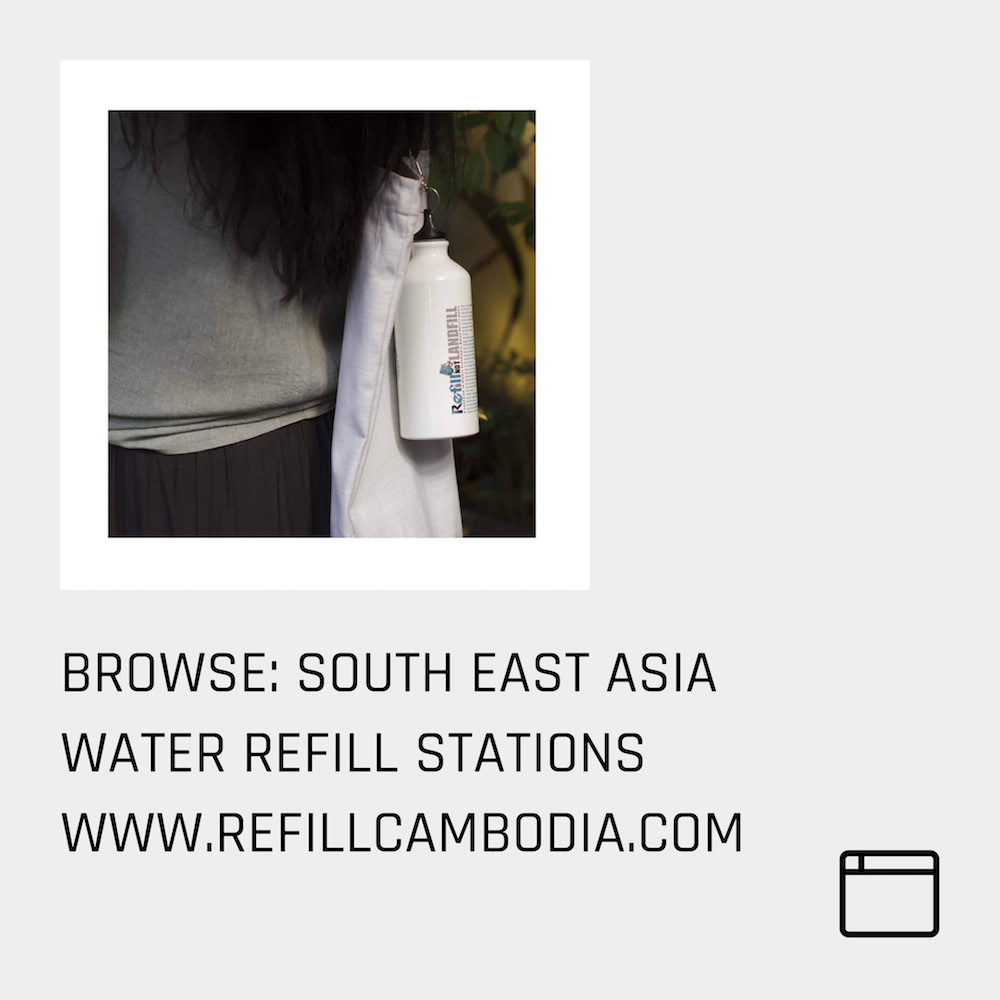
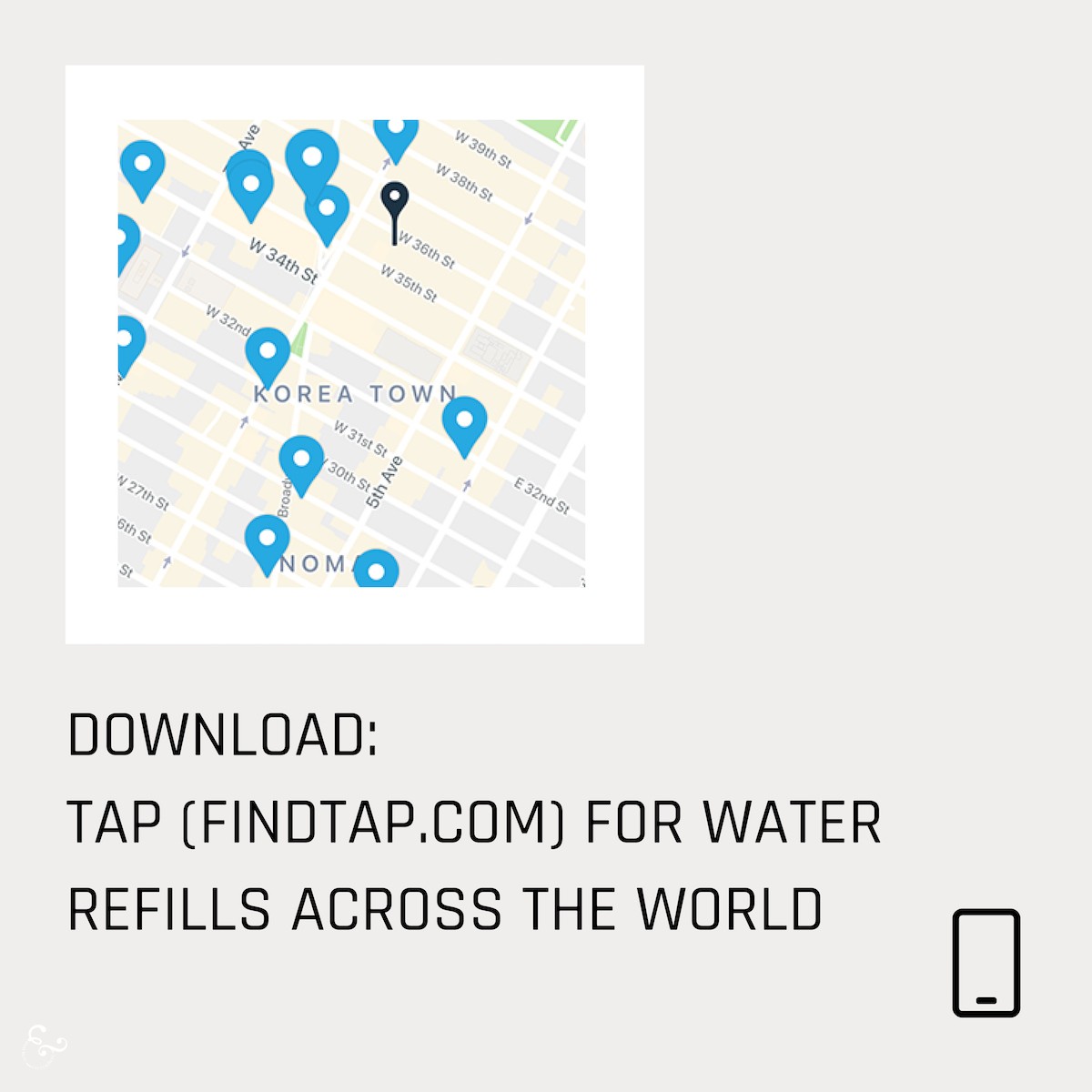
7. Find out what the local recycling schemes are and adhere to them
Ask the staff where you’re staying, any locals you meet or check online about the recycling programs in the country. These change per country so figure them out and then stick to them. When recycling gets all mixed up in major cities this can be partly due to tourists who don’t pay attention. Pause for a moment and check or just ask someone walking around you near a recycling bins area if they can help you out.
8. Check all orphanages extensively
Orphanages can steal children from family homes to make money from visitors seeing them and donating to the “cause”. Orphanages can also be (and in the case of Cambodia, are often) a front for the child sex trafficking industry. Children are not exhibitions for our social media feeds. You likely have not done any good by visiting an orphanage. Ways to help reputable places are to share those organizations and write about them, support any initiatives they’re running, go spend weeks helping to build safe playgrounds, and donate funds to them. Write and ask how you can best help them. If you would like to work in an orphanage there are of course opportunities for this but do extensive research and commit to a longer period of time so that your work there can actually have an effect.
9. Are you enabling the sex trade industry?
Don’t engage in sexual transactions that involve people who are essentially enslaved due to drugs given to them, anyone who is a child, women who have been trafficked into the industry etc. If you’re inclined to participate in these activities, make sure you pay a very fair (read high) amount in real money that truly values the transaction that is occurring and does not take additional advantage of anyone, that you’ve vetted the business thoroughly, that ideally it is a feminist woman-owned operation, and that you’re engaging with people entirely of their own free will. Keep in mind that in many nations, this does not exist. Also listen to Sold in America for a nuanced discussion on the ins and outs of this and watch Louis Theroux, Dark States.
10. Do not support the abuse of animals
Don’t ride elephants. Ever. They have to be “broken” through physical and mental abuse for you to ride them. They are routinely kept in poor conditions. If you’re allowed to ride them or wash them, it’s not a decent operation. Understand that many “sanctuaries” are not such. Bali does not have any decent animal attraction outside of the turtle centre. You can check this website for more information. Wherever you’re headed go to these organizations online first.
Avoid animal fun parks such as Sea Life/World to watch locked up dolphins and whales or attend shows where animals are used or trained in cruel manners. Don’t swim with captured dolphins. You can swim with wild seals and turtles if you go diving or snorkelling, just don’t touch them unless they nudge you. Don’t go to zoos in low-economic countries and in industrialized nations vet them thoroughly (depending on where you stand on zoos altogether; I am extremely dubious about zoos other than for breeding endangered animals away from human destruction). Always be highly skeptical and do extensive research in this field. For something interesting, check out this Planet Money episode regarding the currency of zoos.
Your money here is super important. You can either pay for the continued abuse and exploitation for entertainment, or your money can go to organizations doing incredible work in conservation. And please don’t take your kids to abusive places. It’s too hard for them to resist even knowing the information and one day they will likely figure this out and will need to live with that guilt.
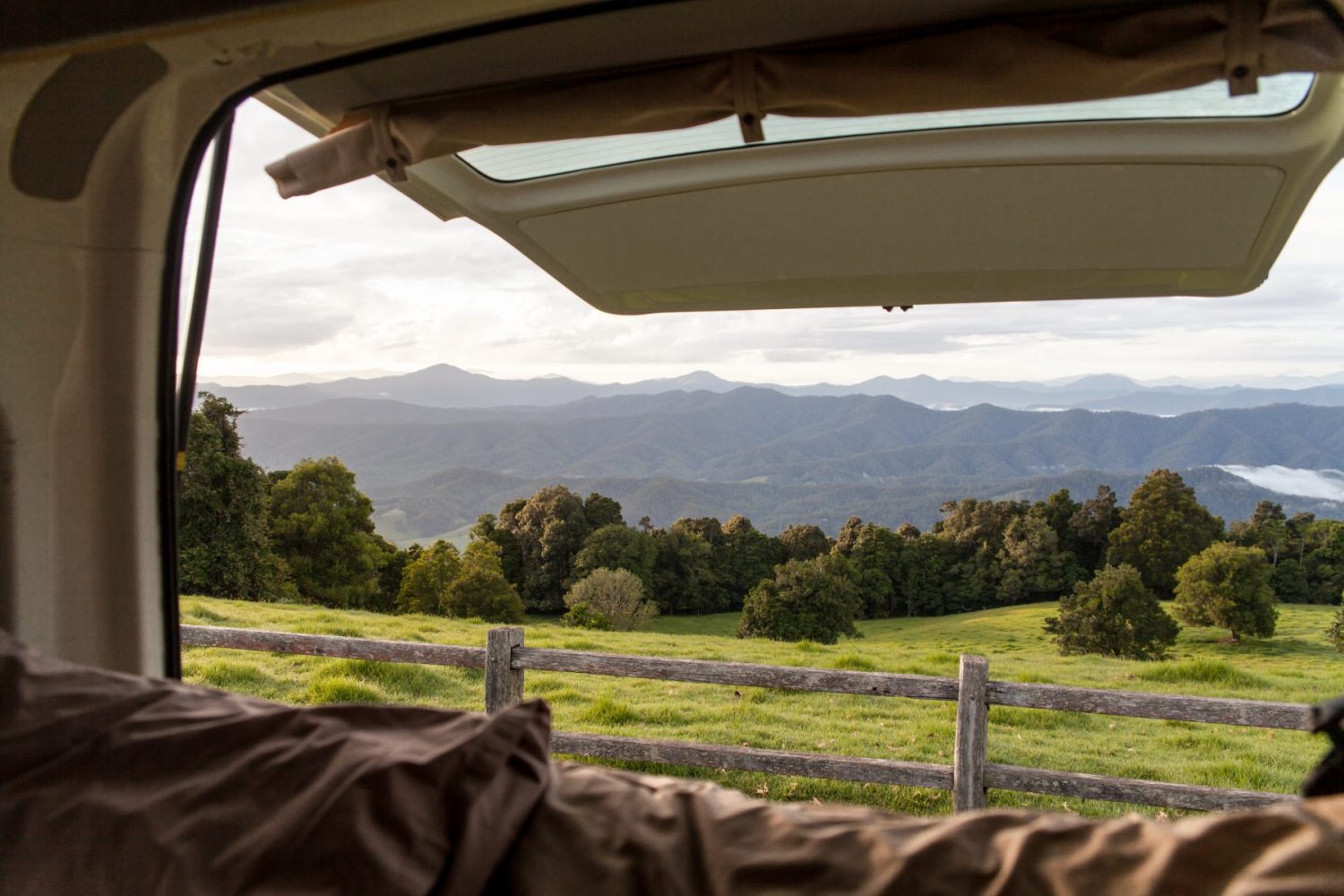
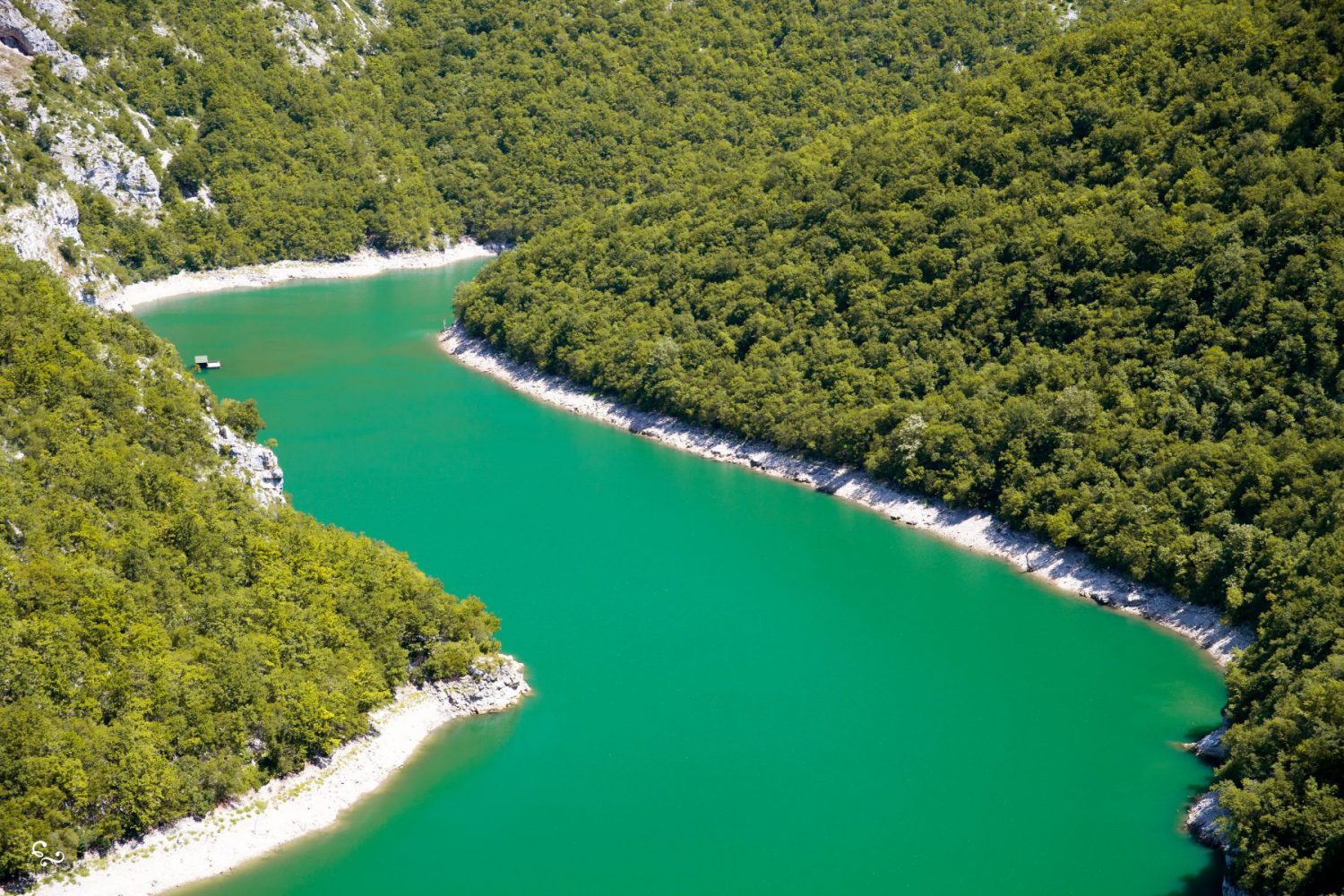
11. Write about your positive adventures
Blog about it! Share it on the socials! Email your friends when you know they’re heading that way. Leave reviews. Let people know the pitfalls of places you might have found or where to stay away from and the better alternatives. Write about the awesome places you discovered and the unknown locals doing incredible things. Write about what you thought and learned. This way we all get to learn when researching and avoid giving money to bad things and supporting places that absolutely deserve it and are doing so much good.
Write about the sustainable places you stay in too. For example, the Alex Hotel in Perth has plastic-free door entry cards which is pretty unusual and great, along with a plastic free awesome breakfast spread. It also means people lose them a whole lot less.
12. Pick up litter where you are and follow Leave No Trace principles if you’re a foreigner
Leave only footprints of evidence you were ever there (that counts only for foreigners; Indigenous peoples to the area should use it as they sustainably have forever).
None of us want to leave anything behind, but we can also pick up what’s there. Bring along a bag with you (ideally compostable or reusable with a wash if needed) and pick up rubbish along your path to the waterfall or at the beach. If you want to share it, follow @AdventureBag and tag them. You can also follow Take 3 for the Sea and as the name says, take 3 pieces of rubbish when at the ocean to help protect it.
13. Go for a strawkle
It has a cool name for a cool thing you’re doing when you’re seeing cool stuff. Take out all the straws (and other rubbish) you see when snorkelling through the big blue. Find your fellow strawklers here.
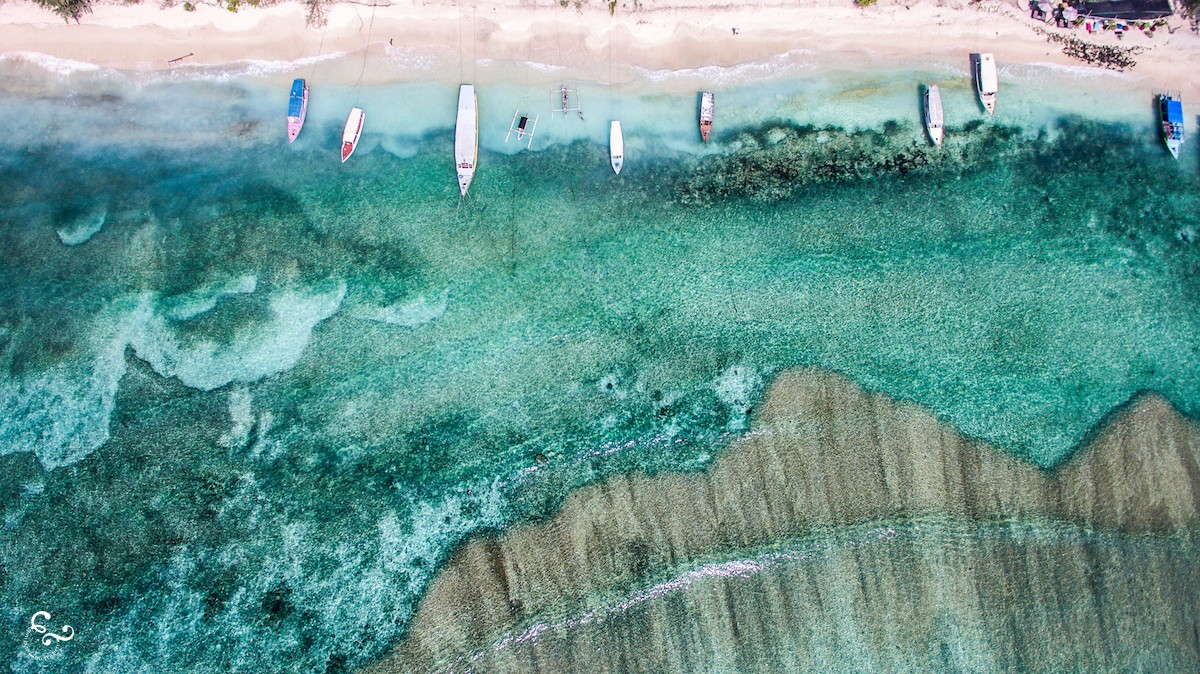
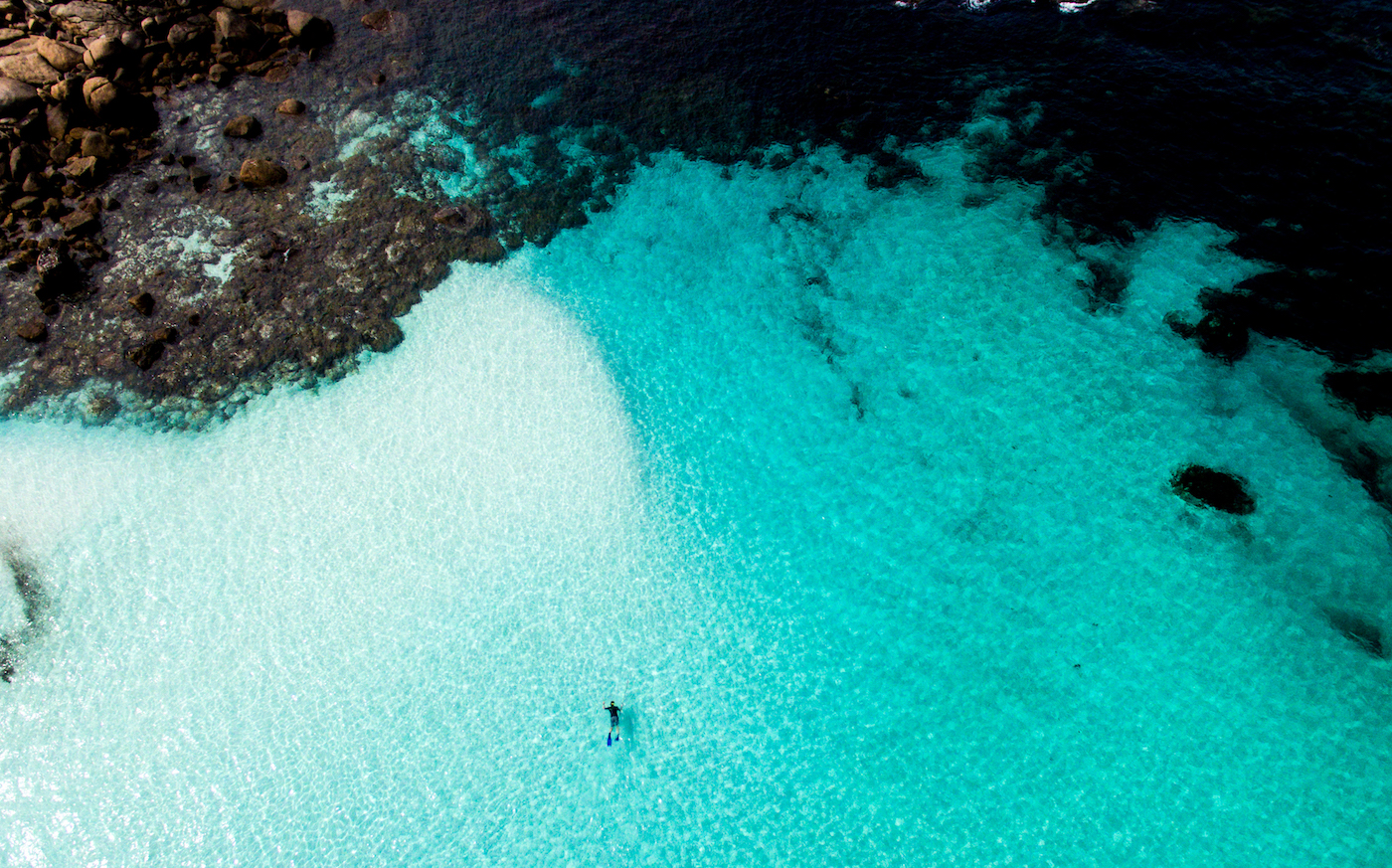
14. Buy locally made products as gifts or items for yourself
Check where it was made and the labor involved. Was it ethical and sustainable? Ask yourself if you really need this? What will it be replacing? How will it be stored, kept or maintained? Buying souvenirs is nearly always useless. Buy functional goods for yourself or friends if you are gifting, or art or products that support a culture. Avoid products that have been made in China and shipped in for the city. Support local creatives, independent stores and scout around for something high quality that supports a skill. Many cities also have excellent vintage and second hand shopping. I love purchasing old records across towns in the Netherlands and London. My mum could spend her life in second hand bookstores. Ask locals for their favorite places; they’ll probably be pleasantly surprised you’ve asked too.
15. Eat local foods not mass-produced, pre-packaged imported foods
Seriously. It is flabbergasting how many western junk-food places are popping up in countries I would never have guessed and then I see tourists go eat in them. I also routinely have people complain to me about local foods because they’re used to processed. There’s a whole lot to be said about this but please, go out of your way to learn what foods are native to that area. Learn about new fruits and vegetables. Watch how locals eat at the market. Some of the coolest experiences I’ve had are sitting at a local market and communicating in sign language to ask how to eat something. I’ve laughed and I’ve twisted my face into what I’m sure looked like horror but it’s worth it! You won’t always like everything and that’s absolutely ok. The team in Cambodia thinks it’s bizarre I don’t like chicken feet soup and just soak up the watery part with my bread instead.
We are majorly erasing food species across our world and barely any of us even know what’s local to our region. When you travel, discover theirs. Go speak to farmers. Visit places doing cool things, sustainably. Learn about harvest and what’s in season. Ask how climate change is affecting the produce. Support locally-run restaurants and market stalls. And if you’re vegan or vegetarian do your best. I understand it’s not always easy – I’m plant based, but please do not get upset. There will be options and you can make your way around options too. Don’t forget in plenty of regions meat is still eaten very sustainably and not raised in factory farms with hormones and chemicals so it’s very different to intensive agriculture. Try to be flexible. Rigidity never helps.
16. Take tours run by Indigenous peoples
Indigenous people are the custodians of the lands you are in and it was their land long before it was colonized (if this is the case where you are). Search for these kinds of immersive adventures. For example, we’re are fan of what Lirrwhi is doing in Australia.
17. Find local events taking place where you are
Often you only end up knowing these exist when you live somewhere but you can dig them out and attend. Find bloggers who are targeted towards that local area to see what’s on, check out the city ‘What’s On’ guide, see what’s happening on MeetUp groups, search Eventbrite and ask around.
19. Have dinner with strangers
Whether it’s with your hosts at your AirBnB stay or an experience through Eat With for example, go soak yourself into your new neighborhood! In many places across the world, friendly locals will happily break bread with you. Head to a restaurant and ask if you can join their table. I’ve found people in Italy particularly amenable to this 🙂
20. Stay in lodges, cottages, AirBnBs and boutique hotels that craft beautiful experiences and deeply care about you, the environment and their home
If you have the money, don’t stay with your standard-fare chain hotel, agency homes or people that own ten homes or whatnot. Stay with the hosts who have spent significant time, money and energy into creating a place for you that you’ll have memories with for life. Local glamping experiences are also a beautiful way to be in nature. Often you’ll be supporting a couple or small family with a passion this way too.
If you’re looking for a hotel, check out the boutique spots in the area you’re headed that may have been architecturally designed with sustainability in mind for example. Other hotels may have a focus on bringing everyone together in beautiful common spaces with tables for working, food all day and games available. One of my favorites for this is the Hoxton. In Marrakech a stay at a beautiful riad will make you smile your whole trip. They’re small and will give you a relaxing place away from the bustle that some days you’ll probably just decide to stay in all day. There are also more and more sustainable hostels too!
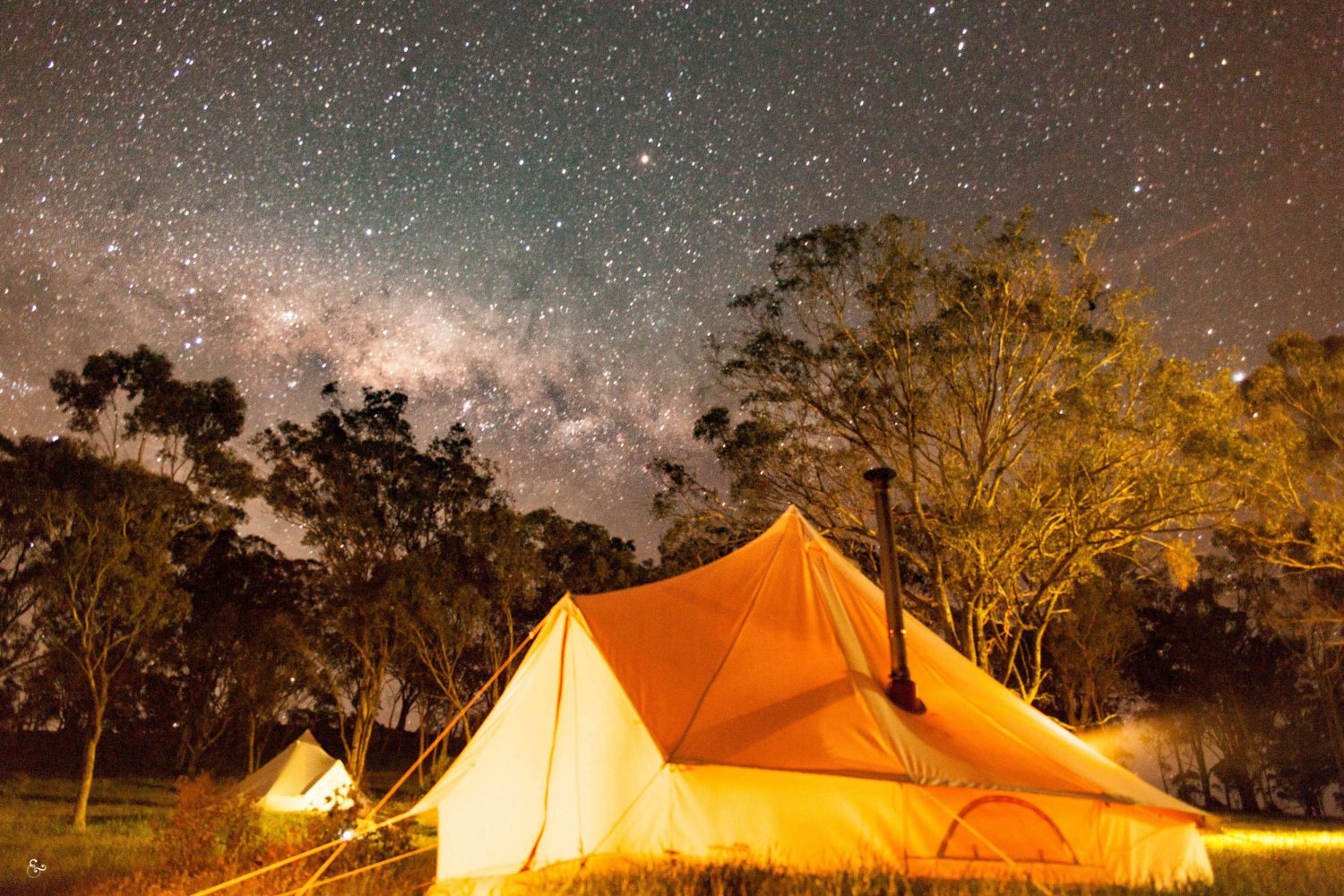
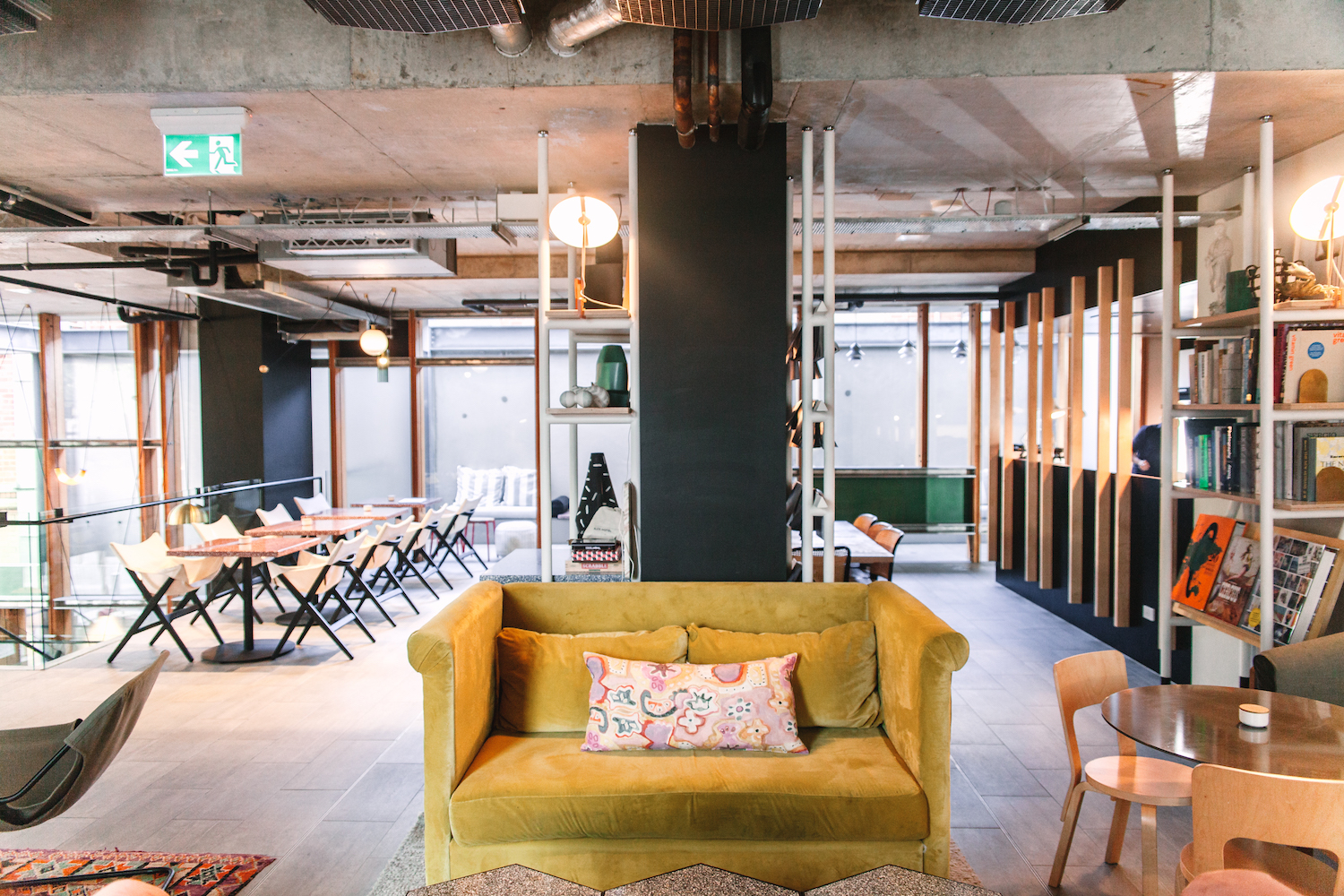
21. Take public transport
Bangkok has an amazing sky train. Hong Kong has an exceptional tube (MTR). So does London. Walk lots and lots. It’s a good way to eat all you want on holiday too! Ride bikes and go on cycling tours. Take the bus everywhere!
22. Drink local drinks
Most cultures have their own drinks. Many are alcoholic so if you’re a wine lover, or into interesting drinks, drink local! When in France pour yourself a local red or champagne. In Tuscany, have a bottle of Chianti or Prosecco. In Mexico try horchata and so on. There are also plenty of infamous non-alcoholic drinks, fun smoothies with a local twist and if it’s a dry country just don’t drink.

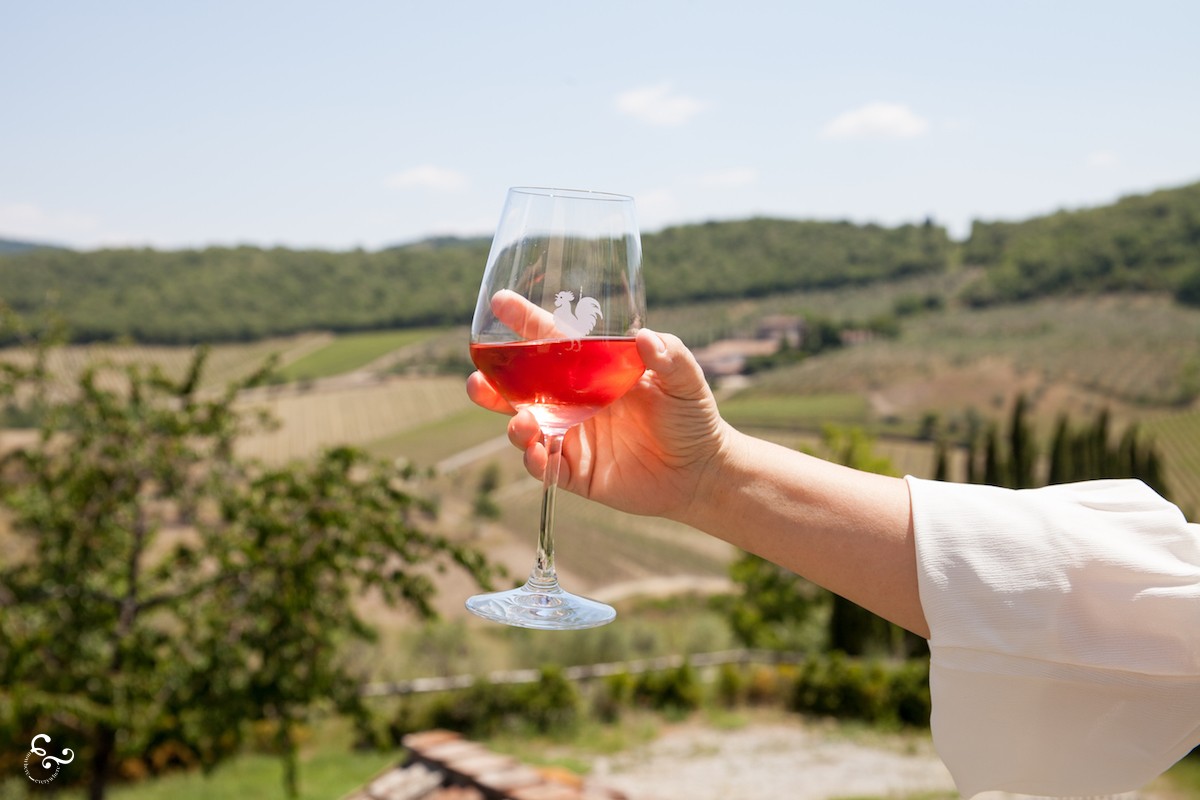
23. Don’t get on a cruise ship
They’re really, really bad for the environment. They run on fossil fuels. They dump toxic pollution into the ocean. They’re floating cities where each person has a carbon footprint three times as much on the ship as on land. And they’re probably worse than planes.
24. Reduce your flying
I’ve flown quite a bit in my life, I love airports, but I do not enjoy flying in any way. Although I can talk myself round I find no enjoyment in being in the air and am extremely scared of landing in the ocean, being alive and eaten by a shark (I know, it’s ridiculous, but that’s our brains). To avoid flying I therefore much prefer to take trains. They’re also more comfortable, easy to walk around, the food carriages can be lovely to sit in long-distance, you see more, can take more luggage on if needed, work easily with wifi, and there’s no long check-in processes or having to turn up hours before. I’ve slept in sleeper trains (Egypt had old school ones that were great!) as you can actually lie down; I rarely sleep in planes. Please take trains wherever you can. In Europe and many parts of Asia this is really easy and state-of-the-art facilities. Unfortunately cross country trains can at times be more expensive than planes which is enormously frustrating. We need to advocate our governments to do better and make rapid transit cheap. Also if you live in America or Australia, please, please pressure the governments to have better train systems. Despite being two of the wealthiest nations, they’re rather poor (particularly between major cities).
What about carbon offsets? We’re going to be talking about this more but I am not convinced. I am also uncomfortable with us all feeling like we can fly as much as we want and just “offset” our carbon. I offset to make myself feel better but ultimately I have no idea if it’s really being helpful. I’ve lived near an offset project that certainly wasn’t. But some definitely can be.
In the words of ProPublica, “if the world were graded on the historic reliability of carbon offsets, the result would be a solid F.”
Flying using fossil fuels is horrible. And though electric planes are quickly increasing, we’re probably still a couple of decades away from general aircraft being powered this way. But let’s also keep this in a little data perspective. Aviation is responsible for 12% of emissions from all transportation sources and currently accounts for about 2-2.5% of global emissions. That’s the same as the ICT industry (internet, telecomms, television) and we’re all going to keep using the internet and personal devices. On the other hand, increasing demand from new and existing travellers is predicted to rise the number of aeroplanes double by 2035 and it’s easier to lower emissions from ICT; if only there was the will. Immigration and globalization means most of us would like to fly to visit family and friends. So let’s just reduce flying as much as possible. Take trains, take minivans, take buses. Embrace slow travel. Travel deeper, to fewer places. Calculate your carbon budget for flying and stick to it. Do everything else in your life to reduce your emissions. Not having biological children helps mine!
25. Respect the culture
If you’re heading international it’s straight forward; it’s not your country. Respect the different cultures and traditions. Dress appropriately. Learn about the history of the country. Learn about the sustainable practises of Indigenous peoples there. Stick to your principles but have a little flexibility to accommodate other ways of living. Stay open-minded, judge less and learn. Not everything has a black or white answer (like fossil-fuel plastic faux leather vs vegetable tanned leather as an agriculture by-product made by local people in their century long traditions for utility, or using ethical wool locally for warmth vs polyester).
26. Bonus: travel off-peak!
If we spread out the tourist numbers, destinations can survive better. If you have the choice to, travel to the destination off-peak to reduce over-tourism.
All these suggestions make sense in your primary place of living too! What else would you add to the list?
